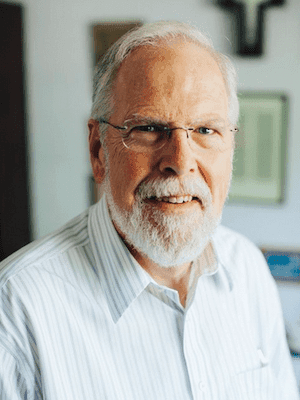Redemption. The word has been bantered around frequently in the days leading up to the execution of former gang member Tookie Williams.
Williams claimed that he had experienced redemption while in prison. During his 20-plus years on death row he renounced his involvement with the Crips, apologized for the damage he had done as a gang leader, and began an effort to turn young people away from gang involvement.
On the basis of his claim and his anti-gang activities, Williams and many persons appealed to the governor of California for clemency. As the day of his execution drew near, the debate about whether he deserved clemency intensified. Supporters argued that he was a changed person who should be allowed to live in order to continue his efforts to keep kids away from gangs.
Opponents argued that Williams’ claim of redemption rang hollow because he had never apologized for or admitted his guilt. If, they argued, Williams would show remorse for committing four murders, then his claim of redemption would be complete. Gov. Schwarzenegger referenced this view in denying the petition for clemency.
Opponents of clemency seemed to operate on the assumption that redemption depends on the actions of the person being redeemed. Salvation by works. Even well-meaning Christians weighed in with this perspective.
The problem is that from a biblical perspective, redemption is not earned, but granted. Redemption depends not upon the character of the one being redeemed, but on the one doing the redeeming. One experiences redemption.
Hosea’s wife, Gomer, leaves her husband and children and enters a life of prostitution and self-destruction. She becomes so wasted and worthless that she is put on the auction block to be sold as a slave. God instructs Hosea to go and buy her back, to redeem her and bring her home. No promise on her part to do better. No assurance given that she will be a good wife and mother. But she is free to start anew.
An enduring interpretation of the atonement has been redemption. By the death and resurrection of Jesus Christ, we are bought out of slavery to sin and given a new hope and a fresh start. The penalty of death is lifted from our shoulders and placed on Jesus. Paul’s proclamation that we are saved by grace reveals the truth that God paid the price for our salvation in spite of, not because of, who we are and what we have done.
As an act of grace, redemption is never earned, not even by our confession of sin. Redemption occurs at the cross where Jesus defeats the powers of sin and death and opens the way to unfettered access to God.
God did this through Jesus Christ knowing that some would reject it, some would abuse it, some would misuse it, and others would enter it. And God did not ask for a good faith pledge on our part before he redeemed us.
In an interview with an NPR news reporter, Williams stated that he understood redemption as the end of a bad life and the beginning of a new way of living. Perhaps Williams’ was closer to the biblical understanding of redemption than he realized.
Did Tookie Williams deserve to die? Certainly–but in God’s eyes no more or no less than any of the rest of us.
Should Tookie Williams have been granted clemency? Perhaps through secular eyes that tend to see justice as retribution, no. But through the eyes of folks who know that we have not only been granted clemency but redeemed by God, yes.
The end of a bad life and beginning of a new life is the radical message of the Kingdom. Sometimes grace and redemption are too radical even for Christians to believe, so we retreat into believing that at some level we must deserve or prove our redemption. And yet the radical message of the gospel will have none of that.
Christmas reminds us of the daring, extravagant love of God, who dares to act for our redemption even before we ask and certainly in spite of our merit.
Jim Holladay is pastor of Lyndon Baptist Church in Louisville, Ky.
Previous related articles:
Religious Leaders Join Call for Clemency for Gang Founder
Justice for Tookie

